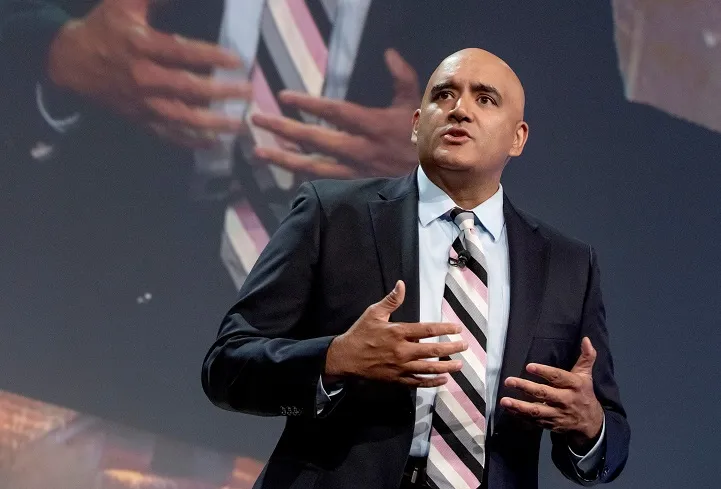Transportation leaders attending the International Bridge, Tunnel and Turnpike Association’s (IBTTA) Summit on All Electronic Tolling, Managed Lanes and Interoperability announced major advancements in the tolling industry that are transforming America’s infrastructure. The summit showcased the vigorous efforts by the tolling industry to achieve nationwide electronic toll interoperability mandated by the US Congress in last year’s federal transportation law, Moving Ahead for Progress in the 21st Century Act
July 24, 2013
Read time: 2 mins
RSSTransportation leaders attending the International Bridge, Tunnel and Turnpike Association’s (63 IBTTA) Summit on All Electronic Tolling, Managed Lanes and Interoperability announced major advancements in the tolling industry that are transforming America’s infrastructure.
The summit showcased the vigorous efforts by the tolling industry to achieve nationwide electronic toll interoperability mandated by the2018 US Congress in last year’s federal transportation law, Moving Ahead for Progress in the 21st Century Act (MAP-21).
One major development during the summit was the announcement by the Alliance for Toll Interoperability (ATI) that it had signed a deal to create a North American Interoperability hub that will bill motorists for tolls based on licence plate camera reads and transponders in vehicles. Agencies will be able to enroll in the program starting September 2013, and the system will begin operations by the end of this year.
In addition to interoperability, the summit also focused on discussion and presentations around new technologies such as all-electronic tolling and price managed lanes that are helping transform not only the tolling industry, but the nation’s infrastructure as a whole.
Additionally, the summit included robust discussion around the expansion across the country of priced managed lanes, a special type of toll lane in which the toll rate changes based on the level of traffic, giving drivers the opportunity to avoid the congestion of general purpose lanes.
“The presentations and discussions occurring during the summit provide ample evidence that the US toll industry is taking the Congressional mandate very seriously,” said IBTTA’s executive director and CEO, Patrick D Jones. “I’m proud of the professionals throughout our industry, including those here in Colorado, who have stepped up to the plate to make great strides towards achieving the aggressive goal of nationwide interoperability by 2016.”
The summit showcased the vigorous efforts by the tolling industry to achieve nationwide electronic toll interoperability mandated by the
One major development during the summit was the announcement by the Alliance for Toll Interoperability (ATI) that it had signed a deal to create a North American Interoperability hub that will bill motorists for tolls based on licence plate camera reads and transponders in vehicles. Agencies will be able to enroll in the program starting September 2013, and the system will begin operations by the end of this year.
In addition to interoperability, the summit also focused on discussion and presentations around new technologies such as all-electronic tolling and price managed lanes that are helping transform not only the tolling industry, but the nation’s infrastructure as a whole.
Additionally, the summit included robust discussion around the expansion across the country of priced managed lanes, a special type of toll lane in which the toll rate changes based on the level of traffic, giving drivers the opportunity to avoid the congestion of general purpose lanes.
“The presentations and discussions occurring during the summit provide ample evidence that the US toll industry is taking the Congressional mandate very seriously,” said IBTTA’s executive director and CEO, Patrick D Jones. “I’m proud of the professionals throughout our industry, including those here in Colorado, who have stepped up to the plate to make great strides towards achieving the aggressive goal of nationwide interoperability by 2016.”







